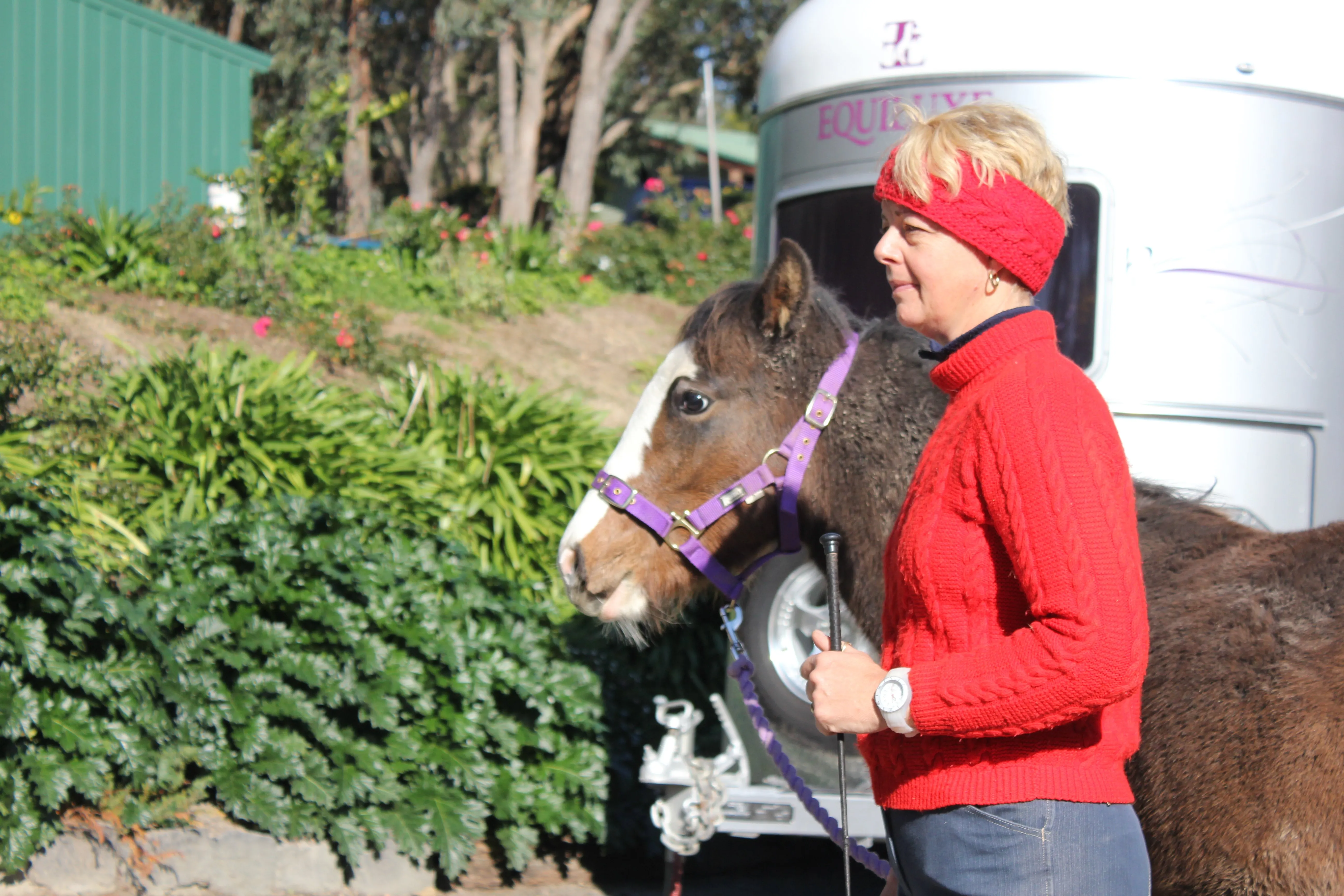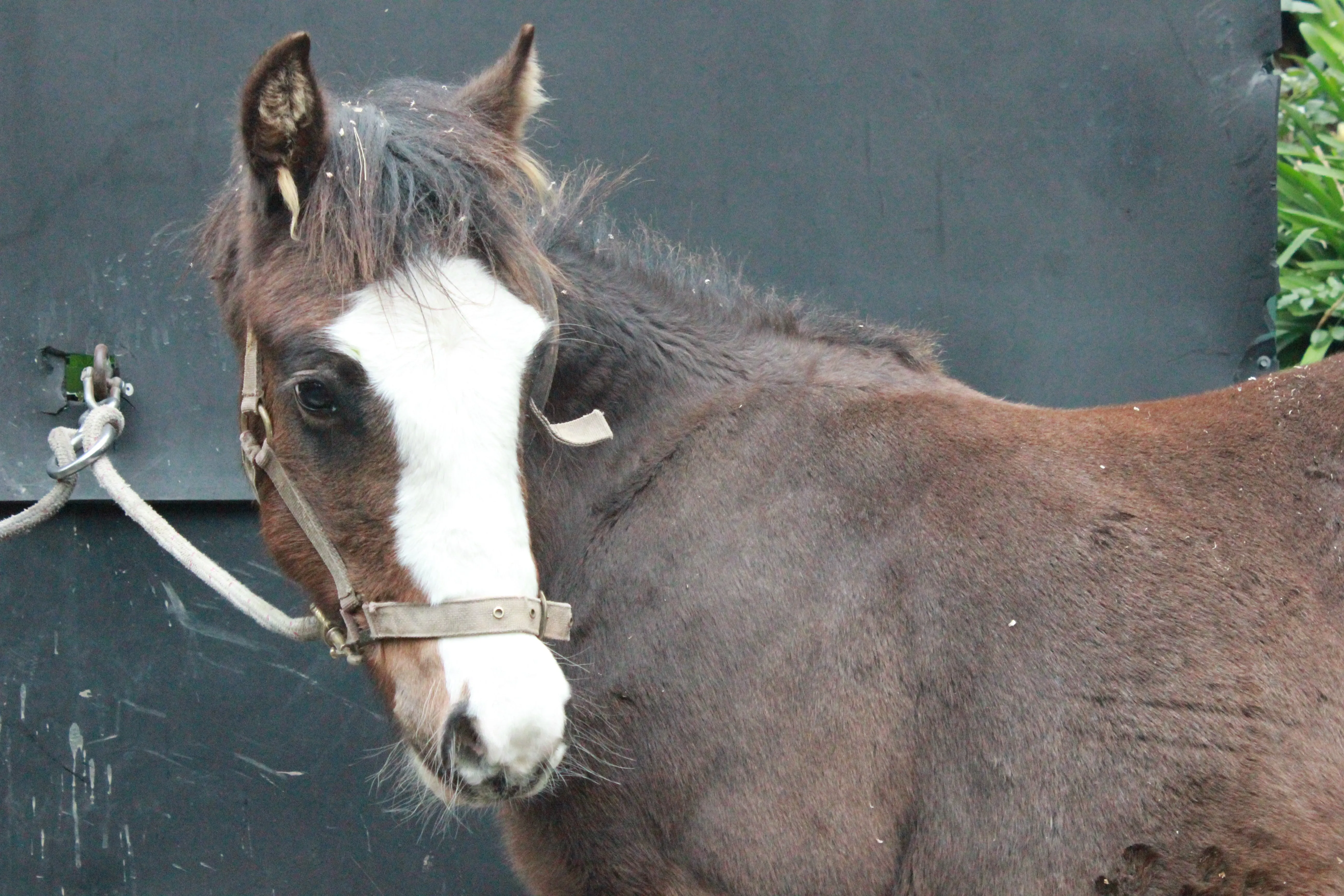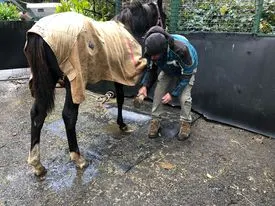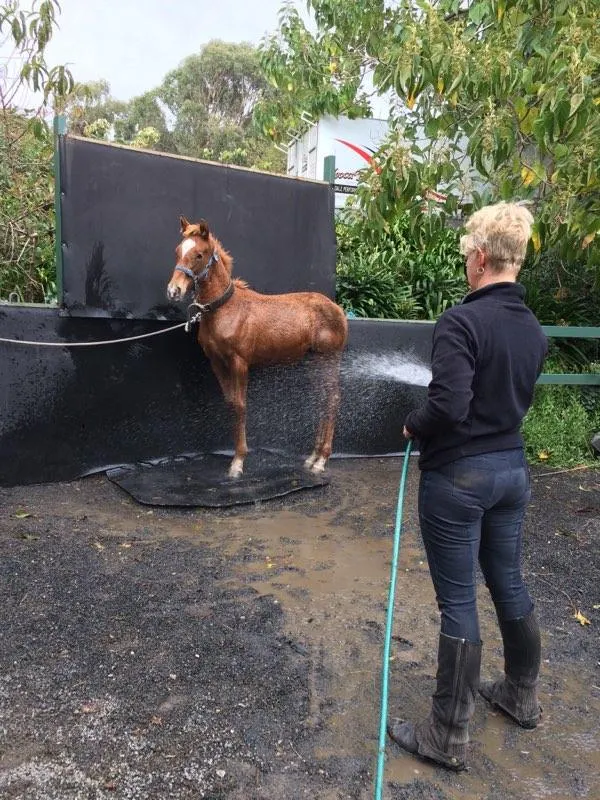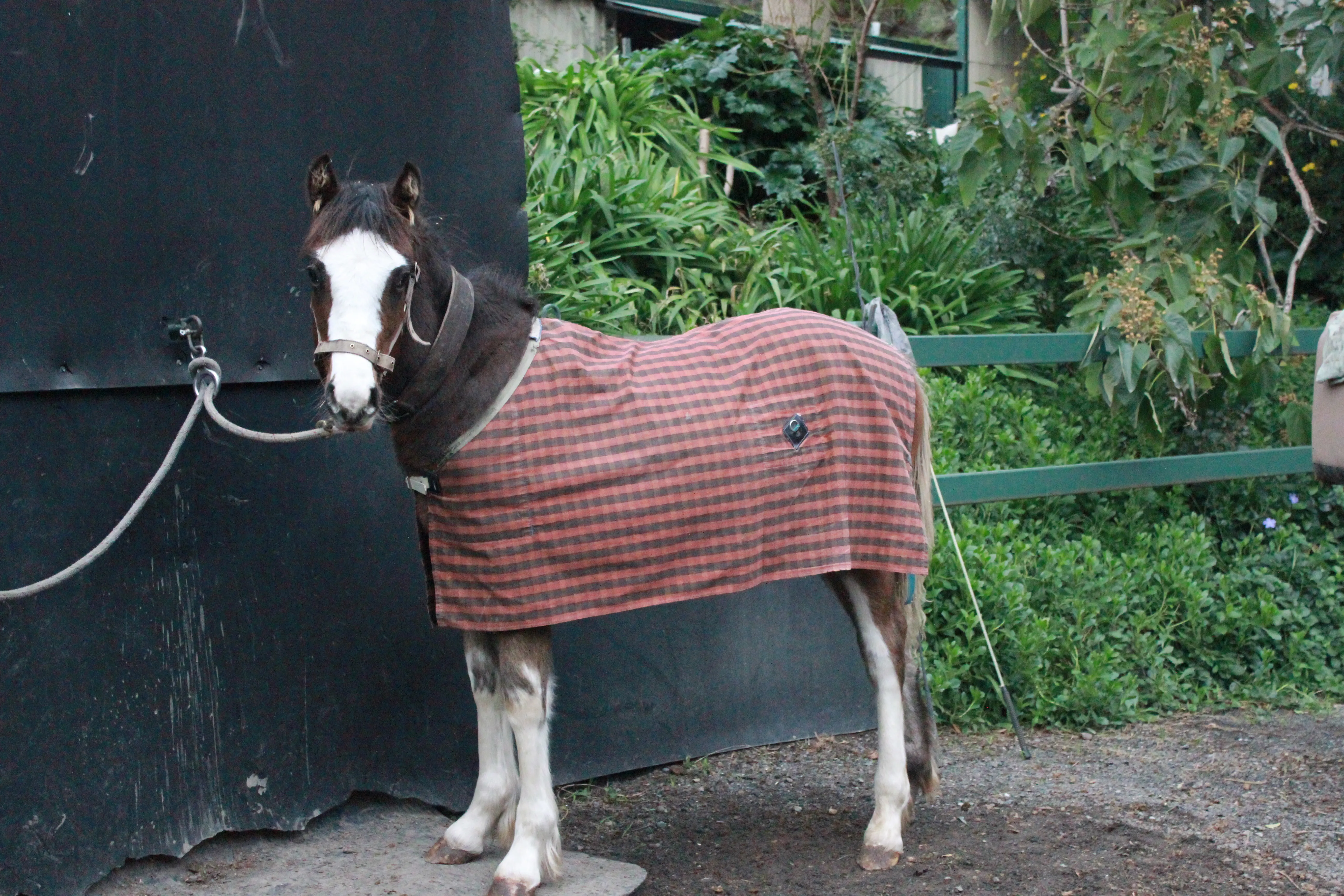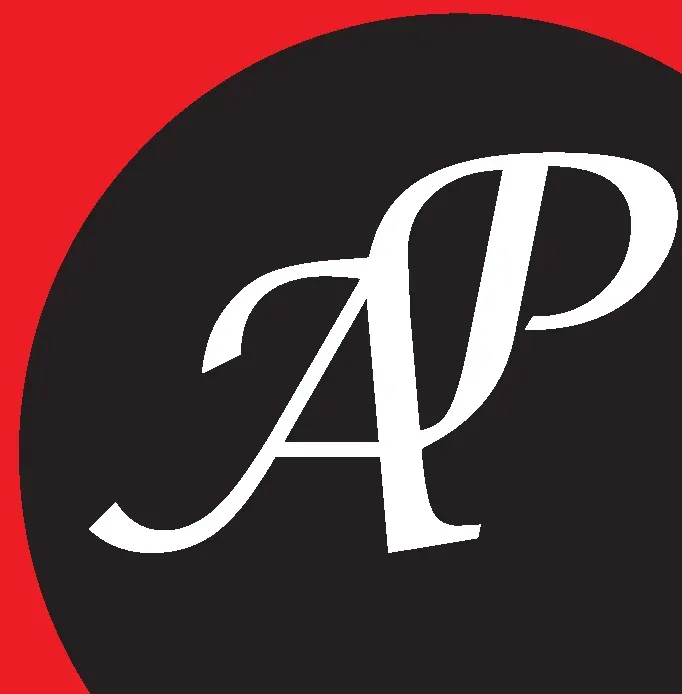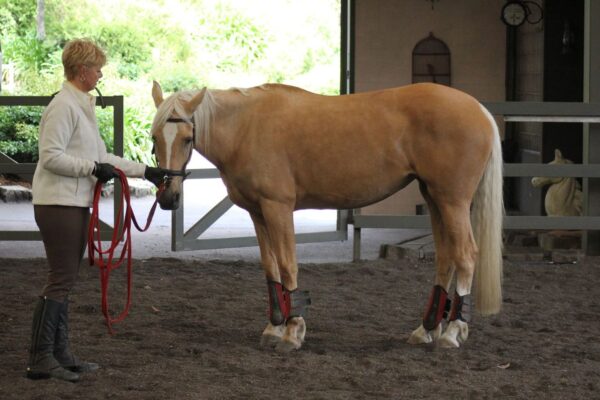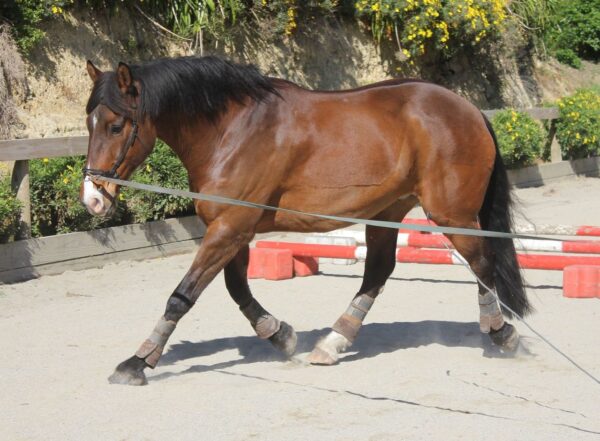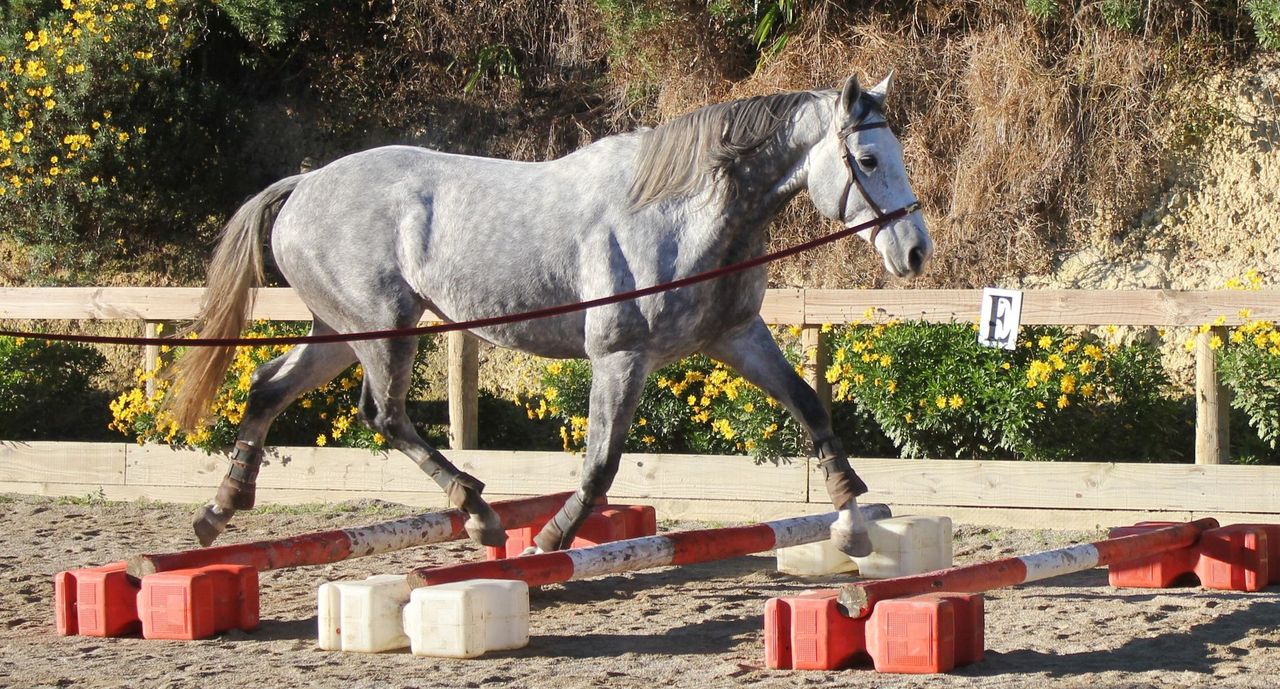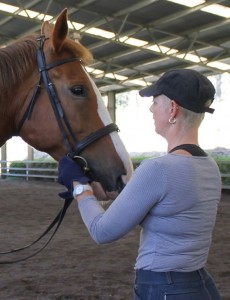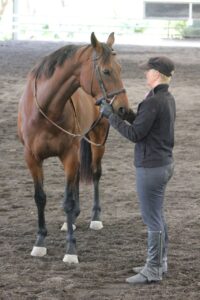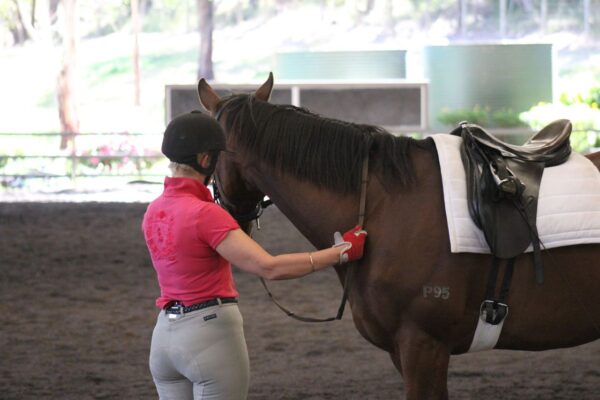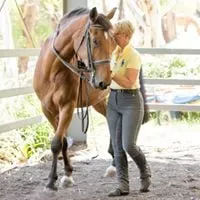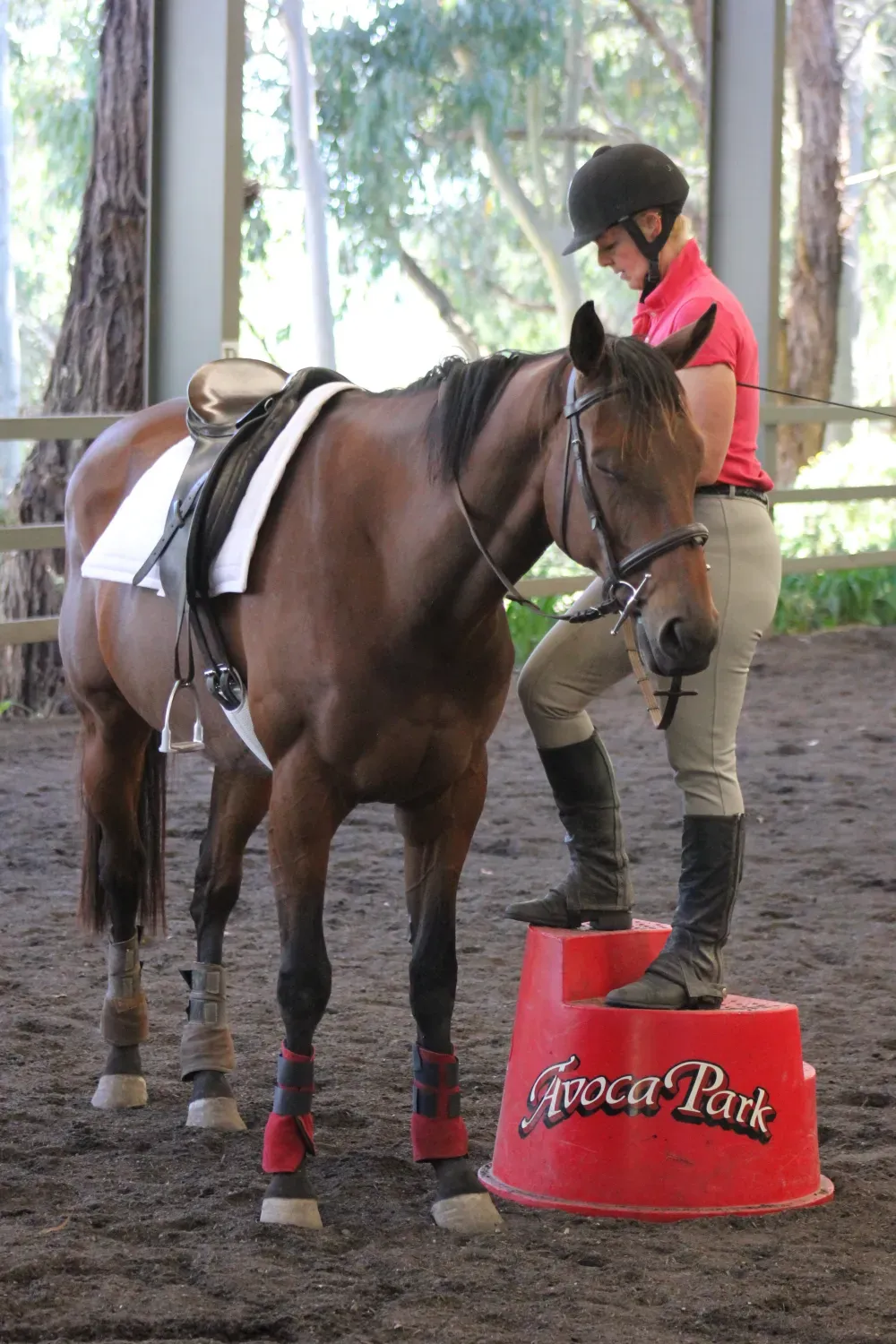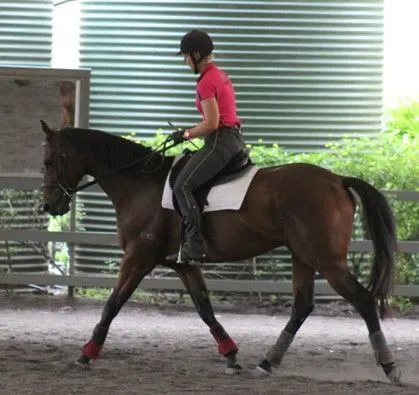Weanling - Foundation Training
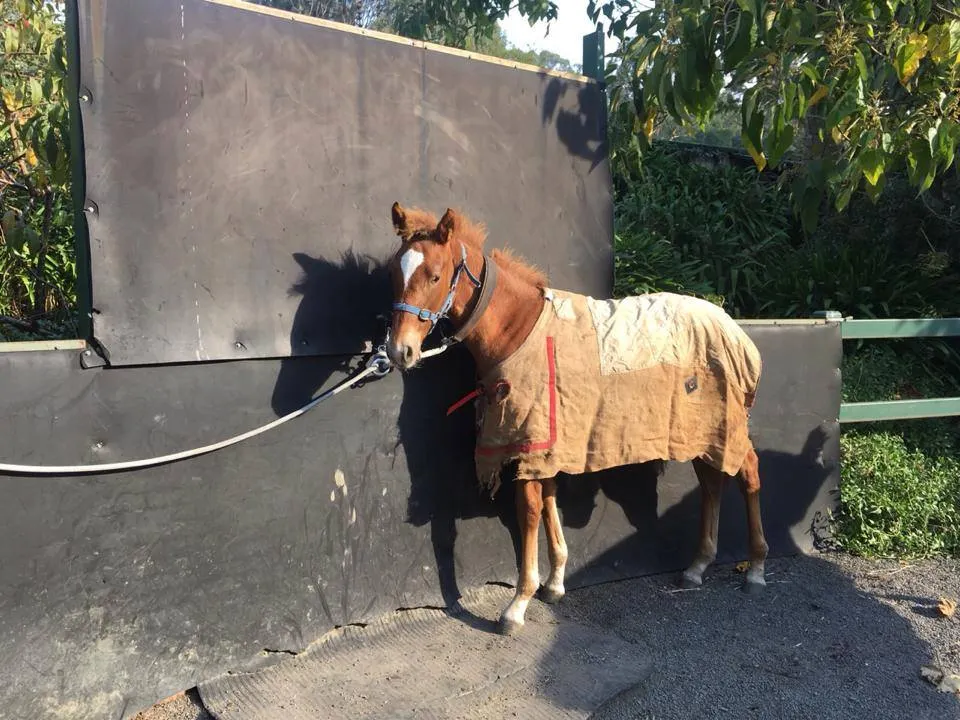
Our Foundation Training
introduces weanlings to all the necessary basics of life as a well-trained horse.
Recommended Duration: 3 weeks
Includes:
**Catching & Leading
**Tying Up
**Handling Legs & Hooves
**Washing
**Rugging
The early training of foals is of paramount importance in shaping their physical and mental development, laying the foundation for a successful and harmonious partnership with humans..
Early training not only establishes crucial groundwork for essential skills, such as leading, handling, and basic manners, but also contributes to the development of a confident and well-adjusted adult horse.
Positive experiences during the early stages of training create a solid framework for future learning and builds trust between the foal and its handlers. Additionally, early training helps prevent undesirable behaviors and ensures that the young horse becomes a willing and responsive partner in all activities, whether it be for pleasure riding, competitive sports, or other equestrian pursuits.
Investing time and effort in the early training of foals is an investment in their future well-being and performance.
